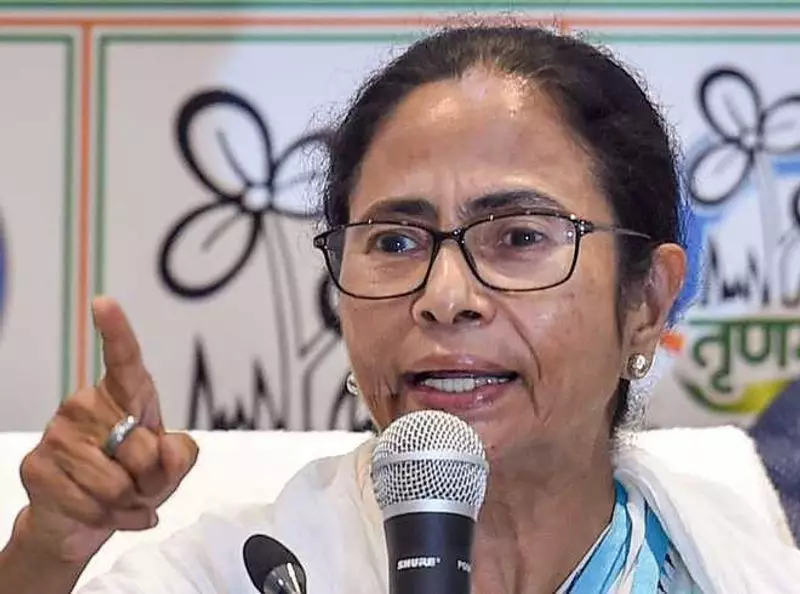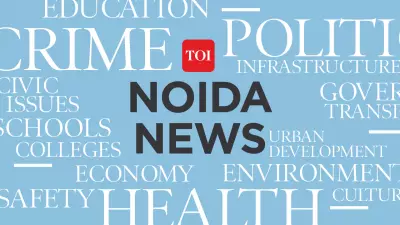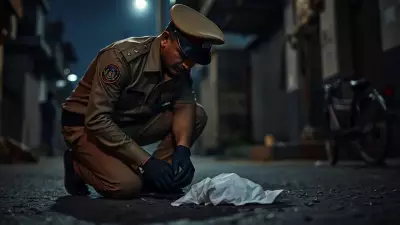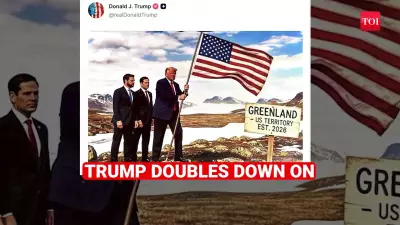
In a significant political development that has reignited tensions between the state and central government, West Bengal Chief Minister Mamata Banerjee has formally challenged Prime Minister Narendra Modi's administration over its handling of Gorkha issues.
The Trinamool Congress leader has dispatched a strongly-worded letter to the Prime Minister, demanding the immediate revocation of the Centre's appointment of an interlocutor for matters concerning the Gorkha community. This move represents the latest chapter in the long-standing political tug-of-war over the restive Darjeeling hills region.
Constitutional Concerns Raised
Banerjee's communication highlights serious constitutional concerns, asserting that the Union government's unilateral decision to appoint an interlocutor directly encroaches upon the state's jurisdiction. The West Bengal government maintains that such appointments cannot be made without proper consultation with the state administration, setting the stage for another federalism debate.
"This is not just about political posturing," observed a political analyst familiar with the region's complexities. "At its core, this confrontation touches upon fundamental questions about how center-state relations should function in a diverse democracy like India."
Historical Context of Gorkha Demands
The Gorkha community's political aspirations have been a persistent feature of West Bengal's political landscape for decades. The demand for a separate Gorkhaland state has seen periods of intense agitation, violent protests, and fragile peace agreements.
- The Gorkha National Liberation Front (GNLF) first launched the statehood movement in the 1980s
- The Darjeeling hills have witnessed multiple rounds of negotiations between various Gorkha groups and successive governments
- The Gorkhaland Territorial Administration (GTA) was established in 2012 as a semi-autonomous administrative body
- Political control of the hills has shifted between different regional parties over the years
Political Implications
This latest confrontation comes at a crucial juncture in West Bengal politics. The Bharatiya Janata Party has been making significant inroads in the state in recent years, and the Darjeeling hills have emerged as one of their strongholds.
Banerjee's assertive stance serves multiple political purposes:
- It reinforces her image as a chief minister willing to challenge central overreach
- It appeals to her core support base that values strong state leadership
- It potentially undermines the BJP's influence in the strategically important hill region
What Happens Next?
Political observers are closely watching how the Centre responds to Banerjee's demands. The Modi government's next move could significantly influence the political dynamics in the region ahead of future electoral battles.
The situation remains fluid, with both sides digging in their heels. What's clear is that the Gorkha issue continues to be a potent political weapon that can alter equations in West Bengal's complex political arena.





